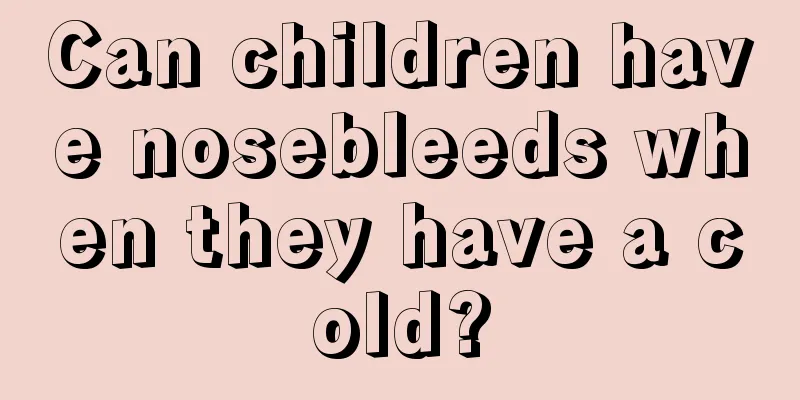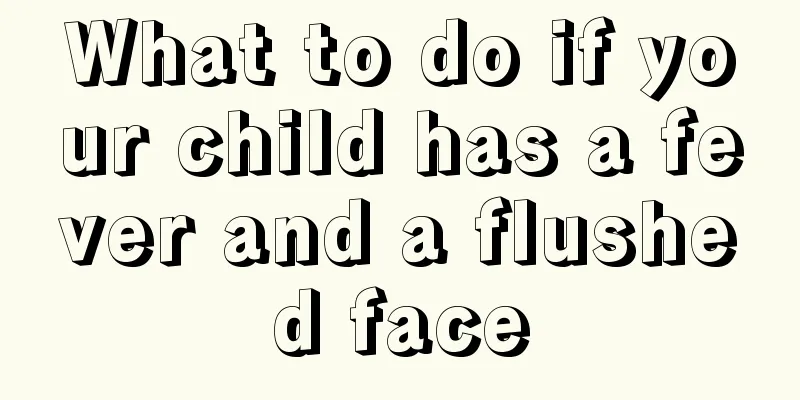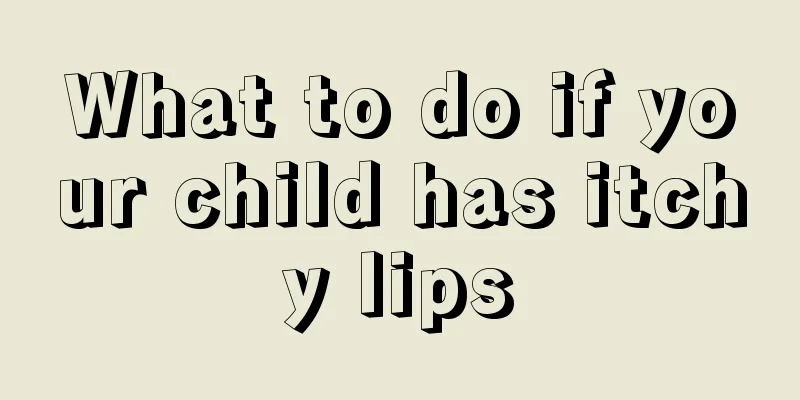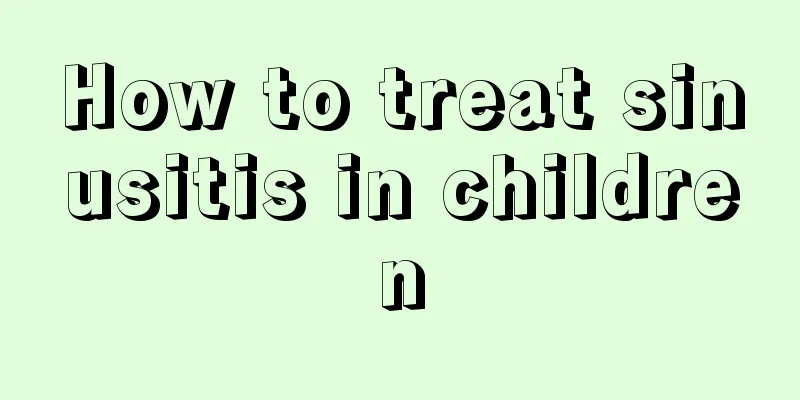Can children have nosebleeds when they have a cold?

|
Normally, if children do not keep warm, they will often catch a cold. Once a child catches a cold, a lot of trouble will occur, so it is better to try not to let children catch a cold. However, will children have nosebleeds after catching a cold? Because we all know that the symptoms of a cold are coughing and sneezing, so will they have nosebleeds? Nosebleeds in children are usually caused by injury to the front part of the nasal septum. There are several blood vessels intersecting in this area, which are also arteries, so the amount of bleeding is very large. Children who are prone to nosebleeds can be roughly divided into the following categories: 1. Children with colds - Because colds can reduce the resistance of the nasal mucosa, and the symptoms of colds (nasal congestion, runny nose, nasal pus, etc.) can cause children to do things that directly harm the nasal mucosa (such as blowing their nose hard, picking their nose, etc.), making them prone to nosebleeds. 2. Children suffering from nasal allergies - due to itchy, runny nose, and nasal congestion, they often pick their noses, which causes the nasal mucosa to be frequently injured and bleed. 3. Children who have the habit of picking their noses with their fingers - due to frequent picking of the nose, the entrance of the nose and the nasal vestibule are repeatedly injured and scabbed, and then stained with nasal mucus, the children will pick their noses uncontrollably, and this vicious cycle will continue for a long time, and the entrance of the nose and the vestibule will become ulcerated and prone to bleeding. 4. Children with blood diseases - Although these children have no nose injuries, they often have nosebleeds. The flow rate is usually slow, but the frequency is very frequent. This type of nosebleed is often caused by blood diseases. If this happens, you must go to the hospital immediately for a blood test to be on the safe side. Parents should not panic when seeing heavy bleeding. It is best to immediately press the nostrils on both sides with the thumb and middle finger at the same time to compress the bleeding area and stop the bleeding. Release your hand after about five minutes to see if the bleeding has stopped. If bleeding continues, repeat pressing the nostrils for another five to ten minutes. This will usually stop the bleeding. If not, you must immediately seek emergency treatment from an ENT doctor. When many parents see their children bleeding from the nose, they often stuff toilet paper or cotton into the child's nasal cavity in an attempt to stop the bleeding. However, the bleeding often fails due to insufficient pressure or the wrong location. At this time, parents often let the child lie down flat, thinking that this can help stop the bleeding. In fact, this is not appropriate, because once the child lies down, the nosebleed that was originally flowing out will flow back into the mouth and throat, making it difficult for the child to breathe, or swallow a large amount of blood, which will irritate the stomach wall and cause vomiting with blood, which will make the parents panic. In fact, there is no need to panic if a child has a nosebleed. As long as it is handled properly, the problem can probably be solved. But the most important thing is prevention is better than cure. If a child has a cold, see a doctor and rest immediately. Children with nasal allergies must control the onset of allergies for a long time. Children who are in the habit of picking their noses must be persuaded from time to time. Children suspected of having blood diseases must be sent to the doctor for examination immediately. In fact, children do not necessarily have nosebleeds when they catch a cold, but sometimes they do. If you want to solve the problem of children's nosebleeds, you should spend more time on it. After all, children are the flowers of the future. If you don't take good care of them, how can the future flowers of the motherland grow healthy and strong? |
<<: At what temperature can a child be considered to have a fever?
>>: How to treat children who fart frequently
Recommend
What are the reasons for yellow hair in children?
Chinese people's hair is generally black, and...
The red spots on the child's feet are very itchy_the baby's feet have small red spots_the child's feet have red spots
Many children have red spots on their feet, which...
How to take oral rehydration salt for babies
The baby's stomach and intestines are at a st...
How to supplement iron deficiency in babies
If parents find that their babies are often cryin...
Why does my baby's urine smell so bad?
Baby's urine is often called boy's urine....
Analysis of the reasons why children cry at night
Many children cry at night, which makes their par...
What is the cause of the child's convulsions?
Children often have some special situations when ...
My child's buttocks are red, what should I do?
Children's skin is generally more sensitive, ...
How can children improve their physical fitness?
Today, children's health is a matter of great...
Why do children's fingers peel?
Nowadays, many people are familiar with the probl...
At what age can babies eat teething biscuits?
I believe everyone knows that teething biscuits a...
Will children have a fever when they have their teeth replaced?
As babies grow older, they will show symptoms of ...
What should I do if my child doesn't want to eat?
We as parents will encounter the situation where ...
How to treat constipation in children?
Children nowadays are the treasures of the family...
Why are there obvious blood vessels in my baby’s eyelids?
The skin of very young babies is very thin and de...









